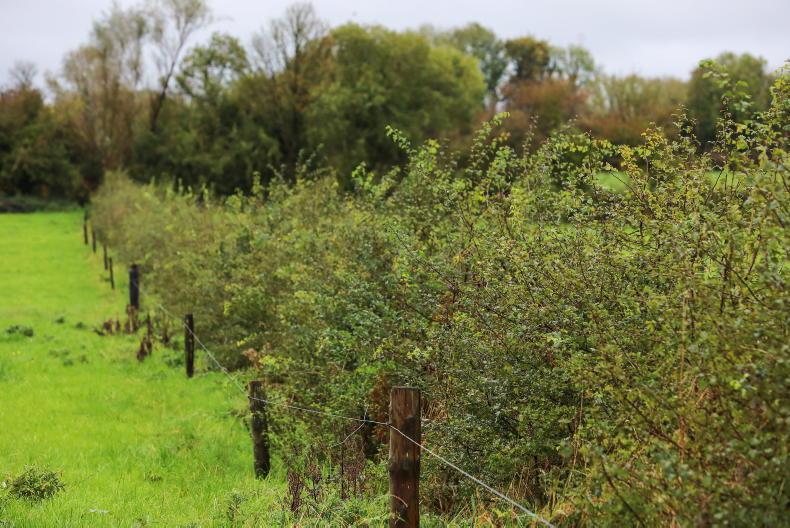
Farming Schemes, Grants and Payments
The Farmers Journal is dedicated to providing all the latest information and news on farming schemes and grants.
The Farmers Journal is dedicated to providing all the latest information and news on farming schemes and grants.